Change is trivial
The word trivial derives from the Latin "trivium", a place where three paths cross, converge/diverge. (tri = three, path = via)
In such places there were usually taverns and guesthouses where people travelling from different places to different destinations paused to eat and rest.
The current meaning of the word trivial evolved from the belief that strangers, when meeting for a short time, engage in minor conversation, superficial and inconsequential (without consequence).
But I imagine that in those taverns took also place conversations that had consequences for minds and hearts. People might listen to stories that made them change their destination, or heard about perils that made them take another path, or took after people who did things differently, or discovered a new opportunity to make a living, or made friends to travel with the next leg, or entered a romance that made them stay for a while longer or for the rest of their lives, ...
The consequences of the conversations in those "trivium" would be not only for individuals, but for collectives too: cultures influenced each other; ethnicities crossbred; news, knowledge and technologies disseminated.
In 30+ years of working as a consultant in change, I have seen two things happening in all processes that led to meaningful change. I present these two as a description of what I have seen. And I dare also to prescribe that the two need to happen if a change process is to make a "difference that makes a difference" in a complex and turbulent context:
- the process needs to run along multiple paths simultaneously, and
- when coming to a place where paths cross, strangers need to pause and converse.
So yes, change is as trivial as that.
I took the photo (April 22 in Spain) of this Via Romana where it begins to go down to the valley of Valdivieso from the mountain pass at Puerto de la Mazorra. This was one of the over 2000 years old Roman Vias that united central Spain (Castilla) and the north coast (Cantabria and Euskadi).
In such places there were usually taverns and guesthouses where people travelling from different places to different destinations paused to eat and rest.
The current meaning of the word trivial evolved from the belief that strangers, when meeting for a short time, engage in minor conversation, superficial and inconsequential (without consequence).
But I imagine that in those taverns took also place conversations that had consequences for minds and hearts. People might listen to stories that made them change their destination, or heard about perils that made them take another path, or took after people who did things differently, or discovered a new opportunity to make a living, or made friends to travel with the next leg, or entered a romance that made them stay for a while longer or for the rest of their lives, ...
The consequences of the conversations in those "trivium" would be not only for individuals, but for collectives too: cultures influenced each other; ethnicities crossbred; news, knowledge and technologies disseminated.
In 30+ years of working as a consultant in change, I have seen two things happening in all processes that led to meaningful change. I present these two as a description of what I have seen. And I dare also to prescribe that the two need to happen if a change process is to make a "difference that makes a difference" in a complex and turbulent context:
- the process needs to run along multiple paths simultaneously, and
- when coming to a place where paths cross, strangers need to pause and converse.
So yes, change is as trivial as that.
I took the photo (April 22 in Spain) of this Via Romana where it begins to go down to the valley of Valdivieso from the mountain pass at Puerto de la Mazorra. This was one of the over 2000 years old Roman Vias that united central Spain (Castilla) and the north coast (Cantabria and Euskadi).

